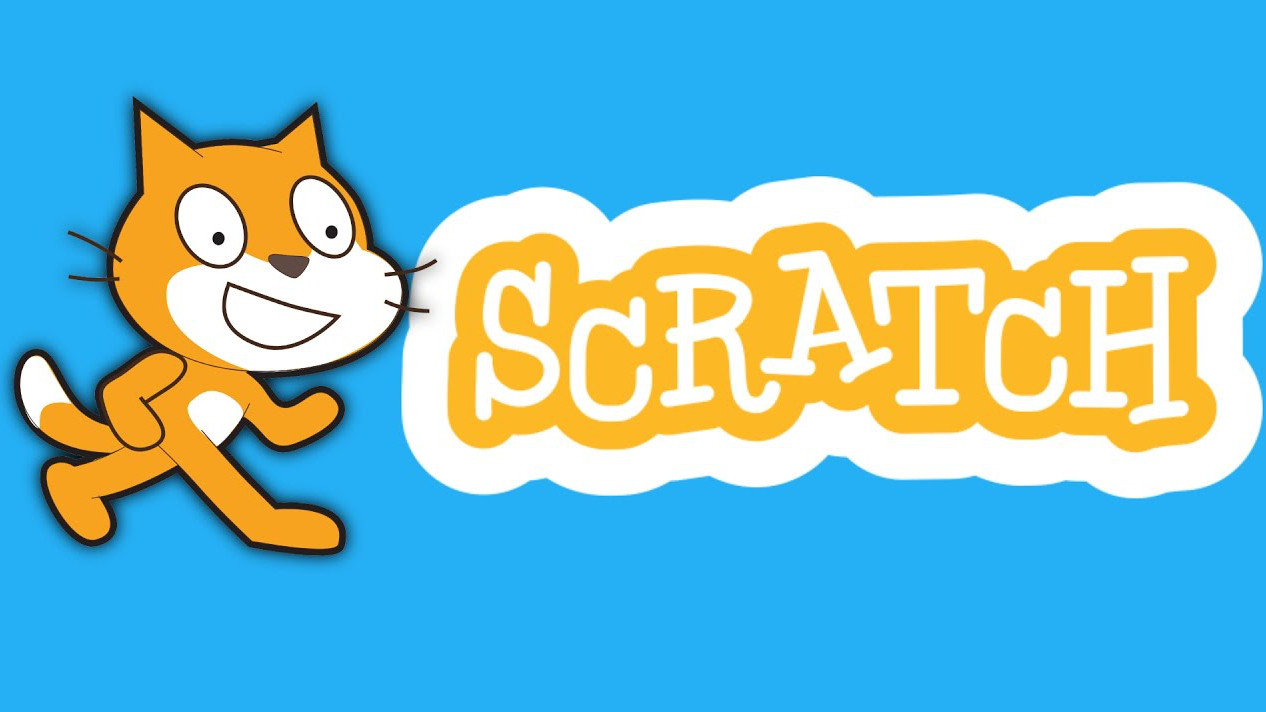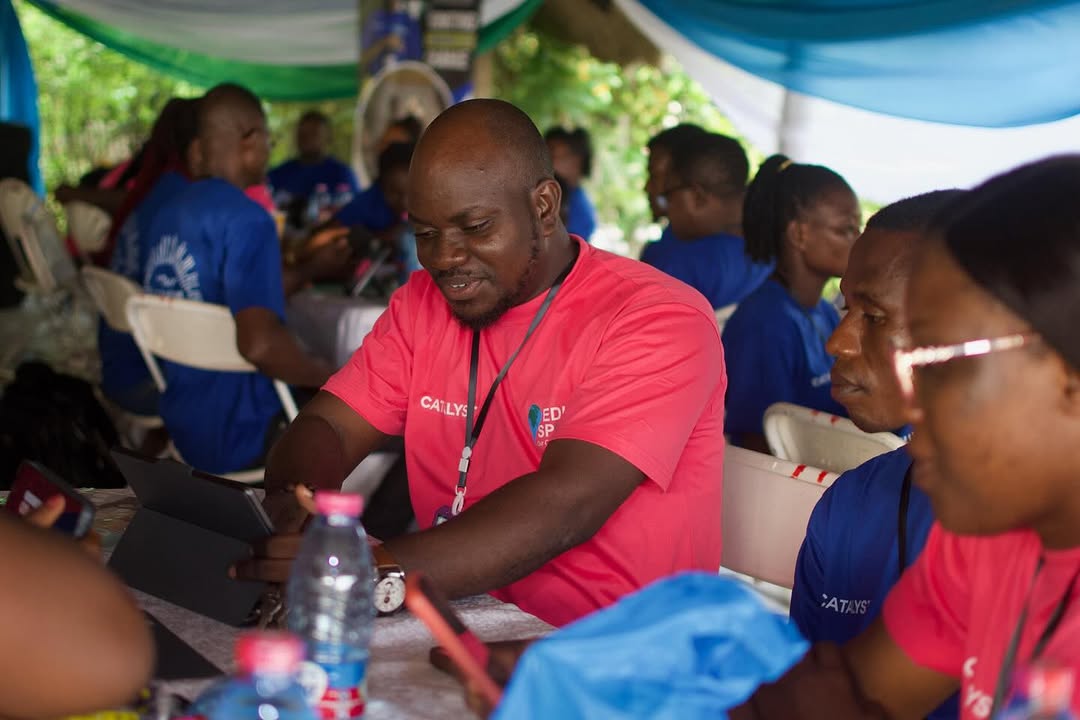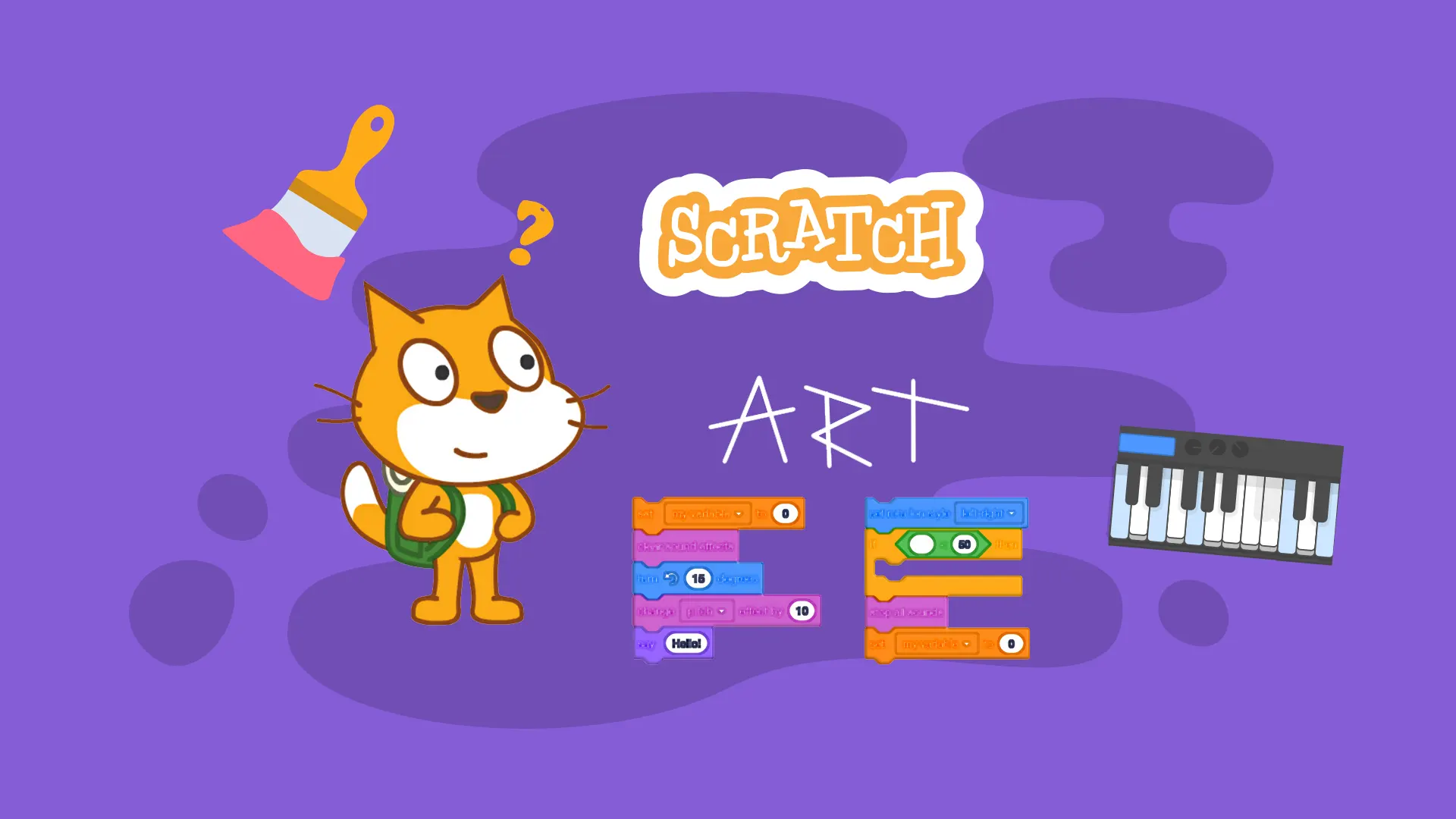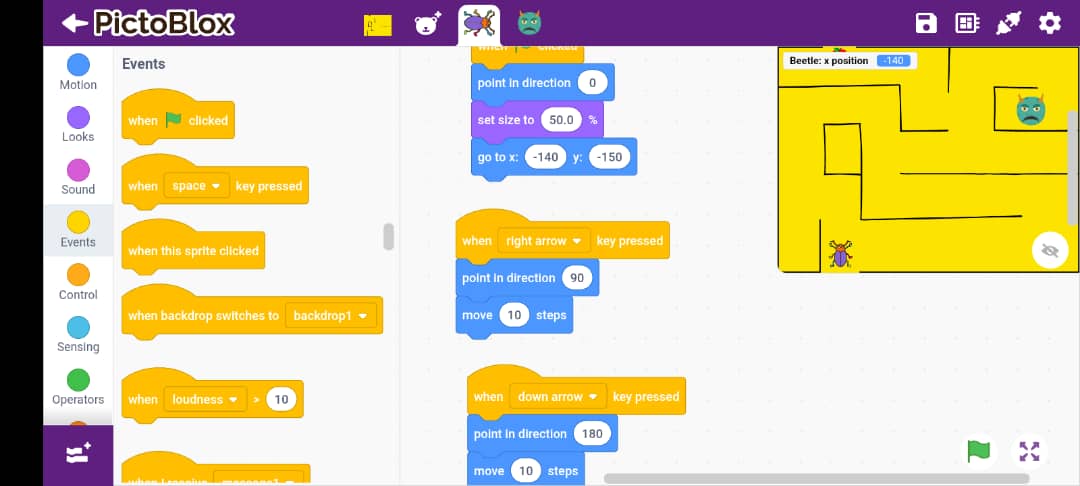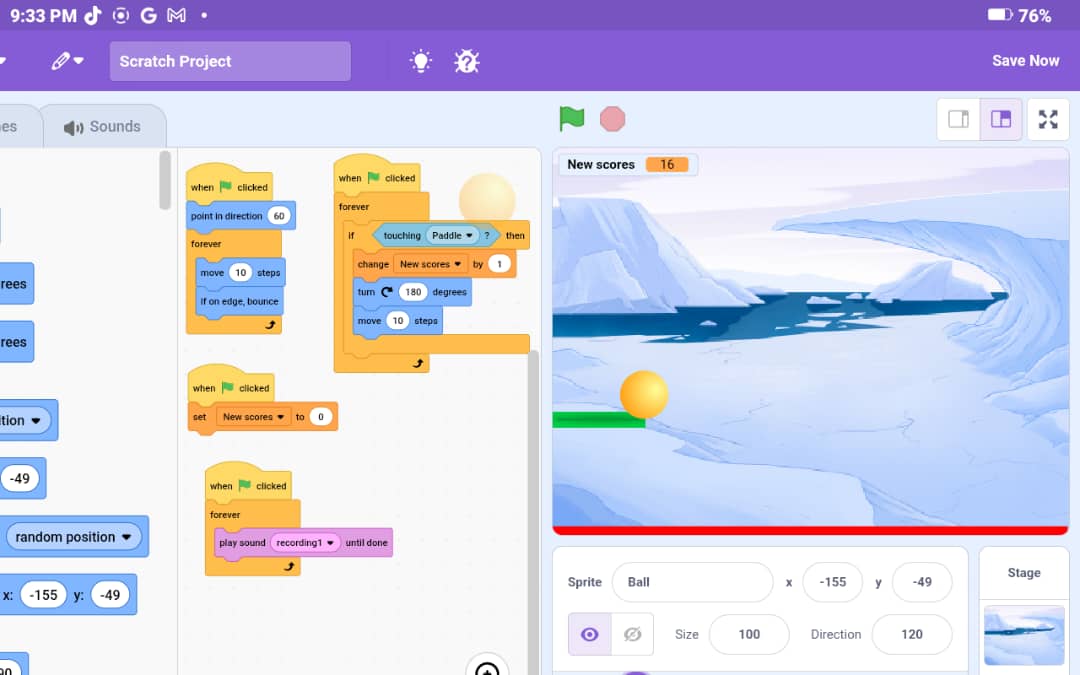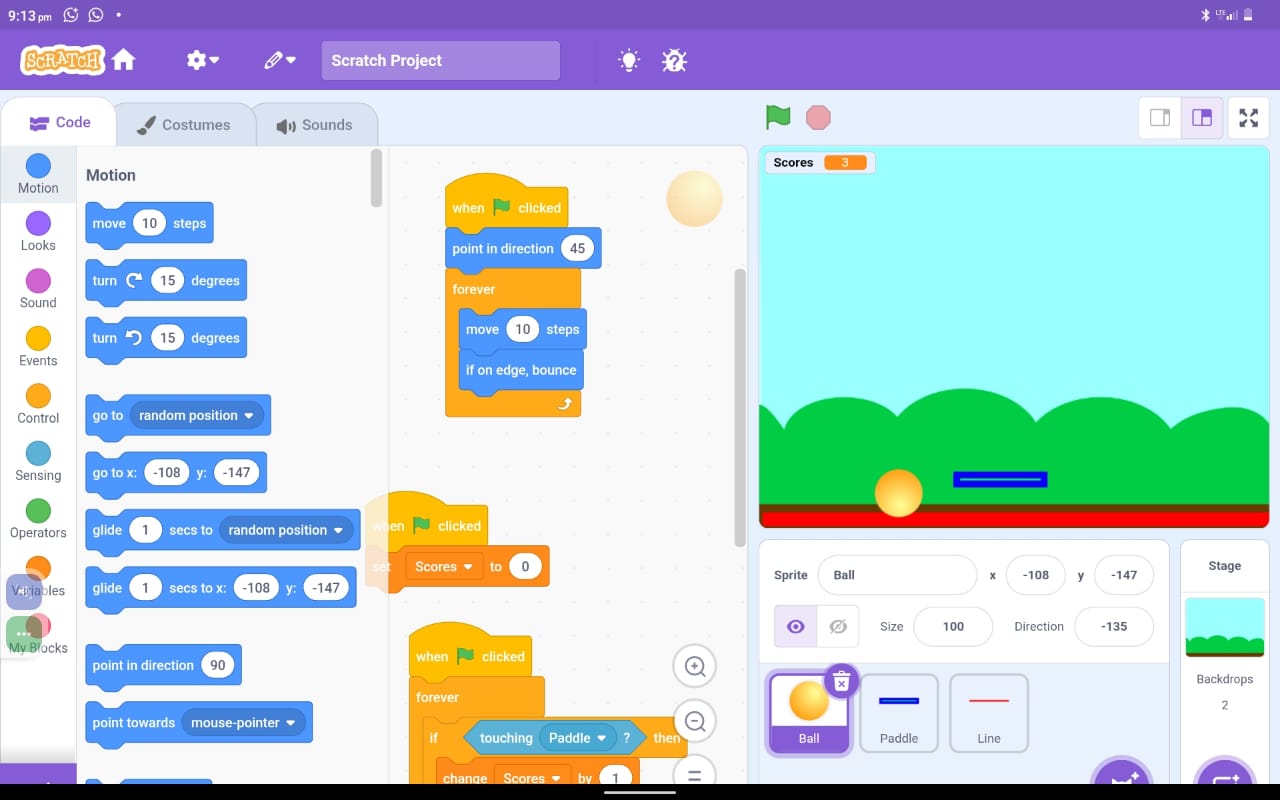In recent times, coding has gone beyond a technical skill to have. It’s a creative tool for problem-solving, storytelling, and solutions to real challenges relating to the SDGs.
In August, Catalysts leading EcoSTEM clubs in 25 communities across the network were introduced to a Scratch Coding activity as a way of preparing them for the upcoming September SDG Scratch Coding Challenge. The idea was to give them space to practice, explore, and build confidence with coding before they tackle projects that address real-world issues.
Scratch is a simple computer programming tool that lets you create games, animations, and stories by dragging and dropping colourful blocks instead of typing complicated code. It’s like building with LEGO, but on a computer.
We chose Scratch because it’s fun, visual, and easy to use, yet it connects directly to the computing curriculum. Concepts like algorithms, sequencing, loops, and problem-solving are all built into Scratch projects in a way that feels natural. For Catalysts, this was beyond learning a tool; it was about discovering how coding can bring lessons to life and make STEM education more engaging for learners.
Even though the sessions fell during school vacation and turnout was sometimes lower than usual, those who joined showed incredible energy. Many Catalysts immediately began sketching out ideas for their final project entries. Some have already submitted theirs, while others are still refining their work. What stood out most was the creativity, from animations to interactive stories, Catalysts used Scratch to express ideas that matter to them and their Spots. For example, Yamfo Spot created an animation story about how their Spot began and their vision for the future, while Akumadan Spot designed a story about Manaf from Abofour Spot, showing how Catalysts are using coding to tell meaningful community stories.
At the same time, Sparks were also introduced to programming during their August challenge. This created a nice balance. While Catalysts were preparing themselves as guides, Sparks were building their own foundations. When schools reopen in September, Sparks will move into real coding activities, supported by Catalysts who now feel more confident leading them.
The impact of this activity goes beyond coding skills. Catalysts spoke about how surprised they were at what they could create, even as first-time coders. For some, it boosted their confidence in technology. For others, it opened up new ways to teach, not as an add-on, but as part of everyday lessons. Personally and professionally, it gave them a sense of possibility they’re eager to pass on.
What excites me most is the ripple effect. By equipping Catalysts, we’re indirectly equipping Sparks, and by engaging Sparks, we’re sparking a wider interest in technology across schools and communities.
As we move into September, I’m confident that the foundation we’ve built will help Catalysts and Sparks take on the SDG Scratch Coding Challenge with energy and purpose. This is not just about coding; it’s about building a generation of learners who can use technology to shape their world.
By: Emmanuel Sefadzi
Email: esafadzi@eduspots.org

